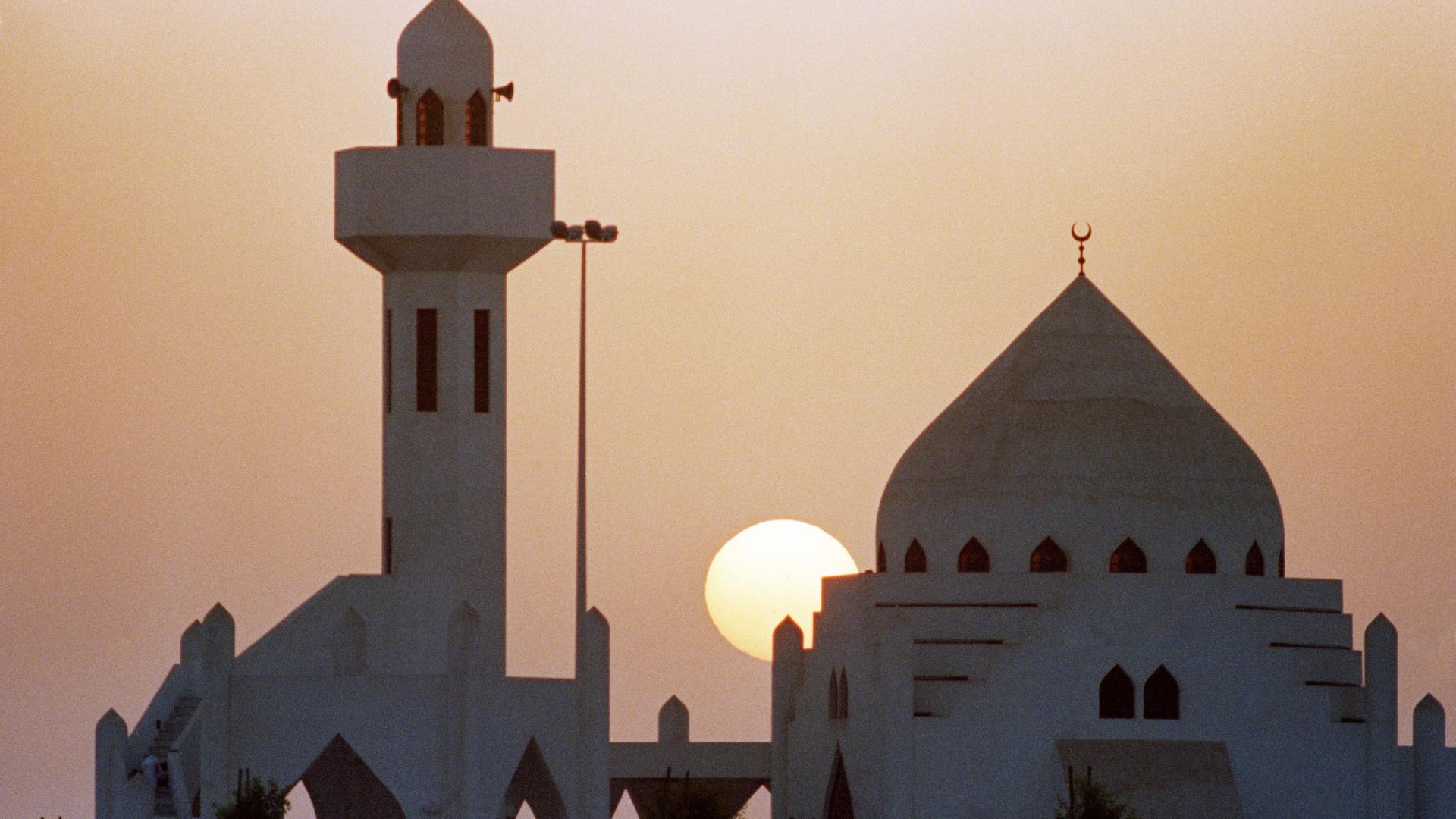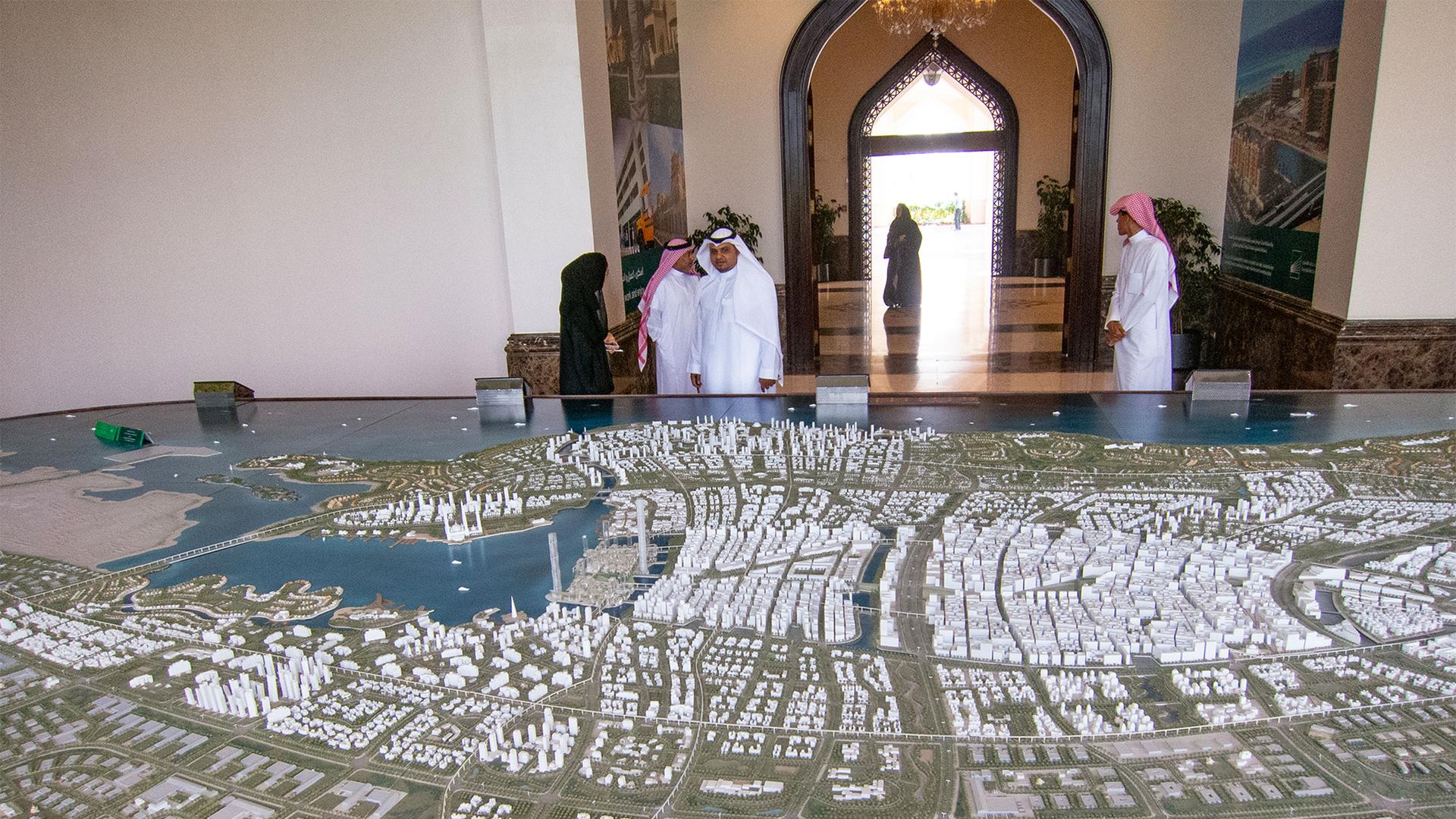Saudi Arabia
Saudi Arabia’s conservative clerics have a new relationship with the government under Mohammed bin Salman
Social change in Saudi Arabia has long been deemed impossible due to the influence of the conservative clerical establishment. But as Crown Prince Mohammed bin Salman supports new cultural attractions, experts are wondering whether the power of these clerics has diminished. Raihan Ismail, professor of contemporary Islamic studies at Oxford University, spoke to The World’s host Carolyn Beeler about what role the clerics play in Saudi society today.
Pfizer announces ‘highly effective’ pill to combat COVID
Pfizer announces its Paxlovid pill as highly effective at preventing severe illness from COVID-19 among at-risk people. Also, the US approves its first major arms sale under the Biden administration to Saudi Arabia. And, nine groups in Ethiopia form an alliance — including Tigray forces and the Oromo Liberation Army — against Prime Minister Abiy Ahmed to seek a political transition, as rebel forces near the capital.
ICC to open investigation over alleged crimes against humanity in Venezuela
Chief prosecutor Karim Khan announces the ICC will open an investigation into alleged crimes against humanity in Venezuela. Also, the US has added NSO Group, the Israeli company behind the controversial Pegasus spyware, to its trade blacklist. And, the UK approves Molnupiravir, the first antiviral oral pill found to be effective in treating symptomatic COVID-19.
Oil giant Saudi Arabia says it wants to get to net-zero emissions by 2060. But critics question its roadmap.
Saudi Arabia’s economy was built on oil. Now, faced with growing global pressure to replace fossil fuel with cleaner energy, the kingdom has announced plans to reach net-zero emissions by 2060.
US to reopen land borders next month to fully vaccinated people
The US will reopen its land borders to nonessential travel in November for people who are fully vaccinated. Also, the international community is looking for ways to help Afghans financially, while circumventing the Taliban government. And, Iran and Saudi Arabia are holding talks brokered by Iraq to repair ties and come to an agreement to end the war in Yemen.


